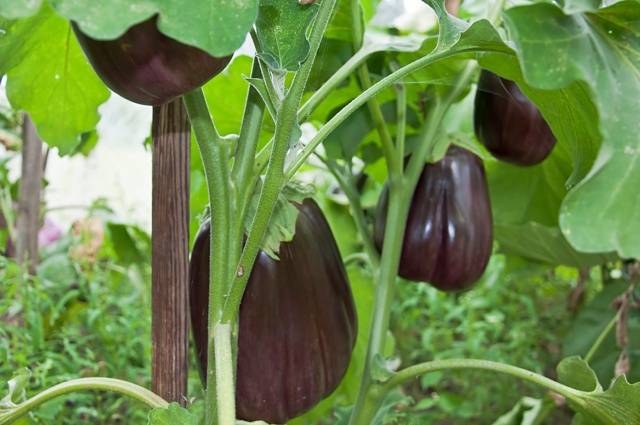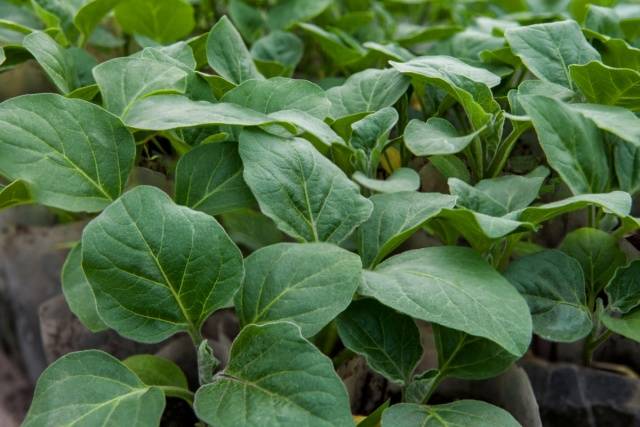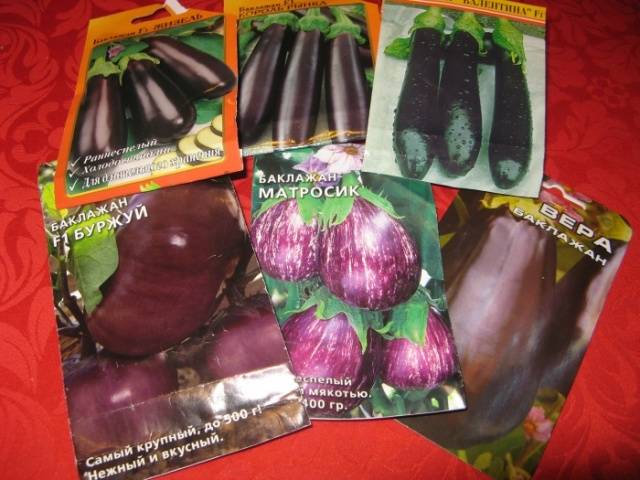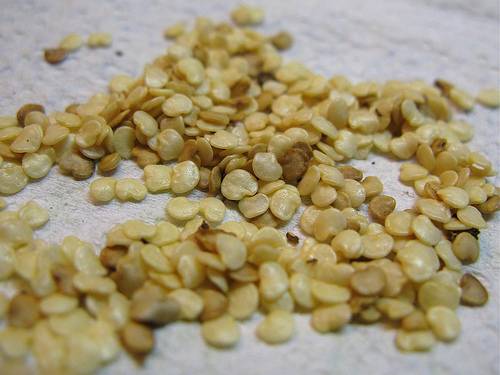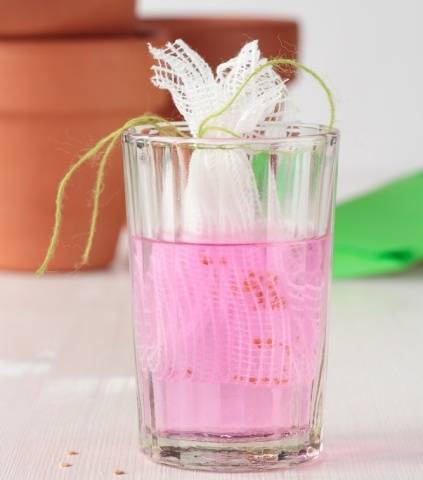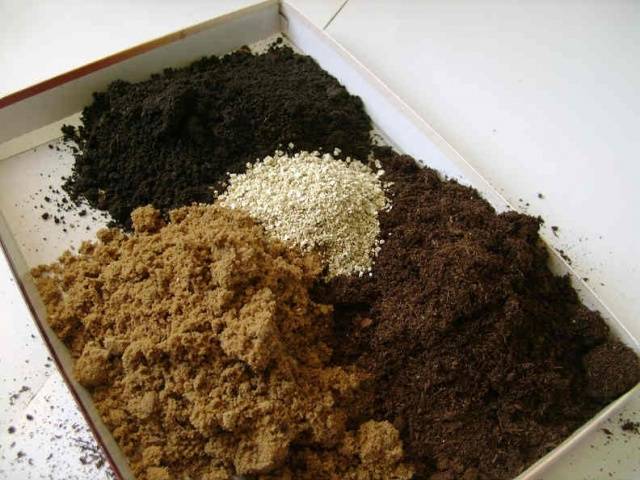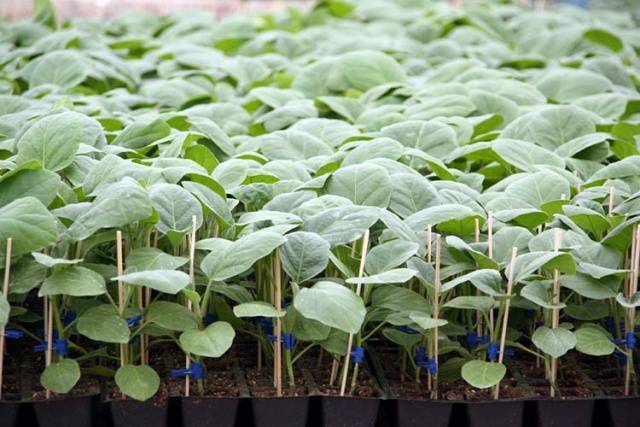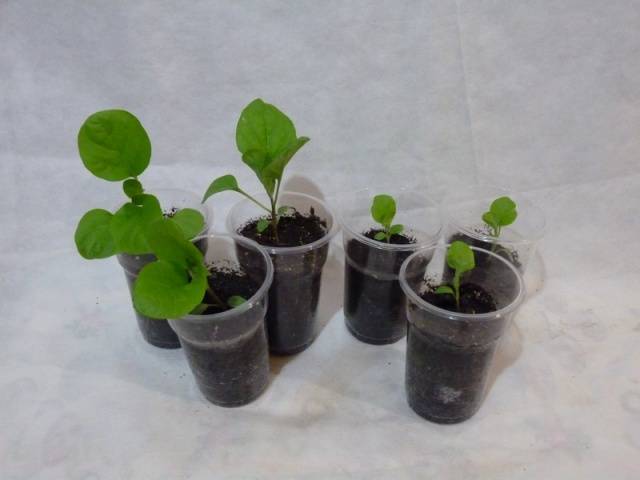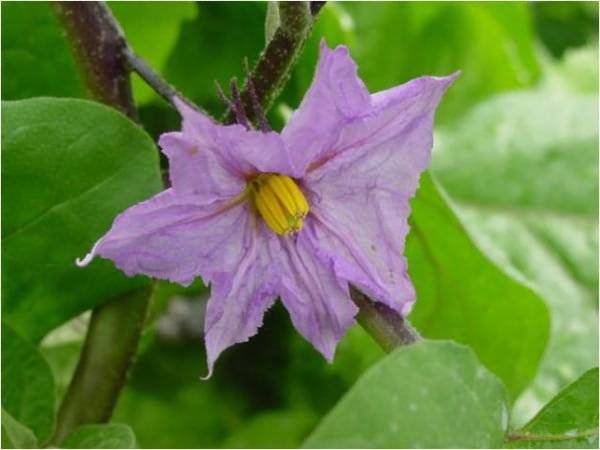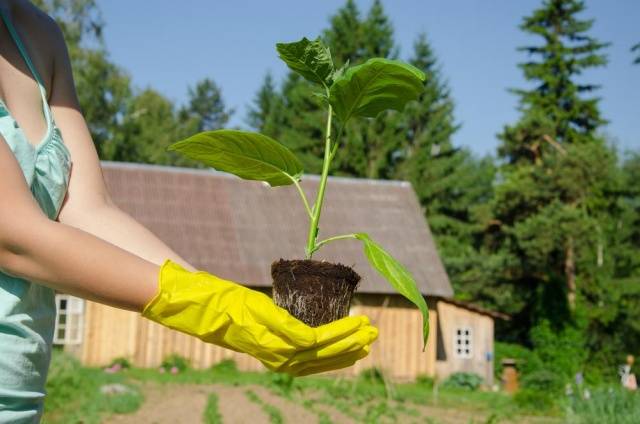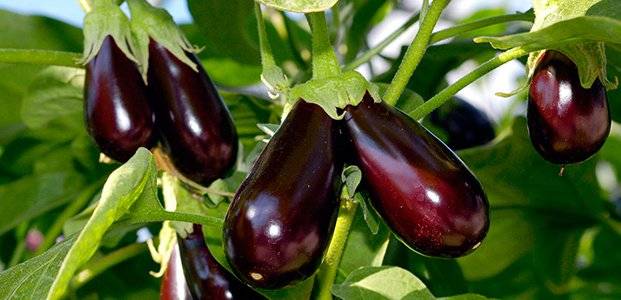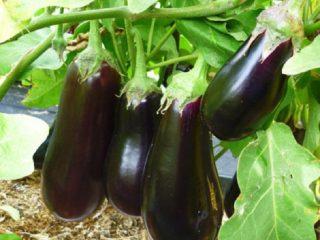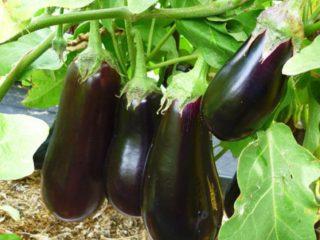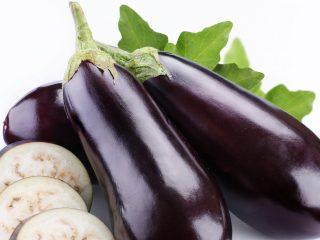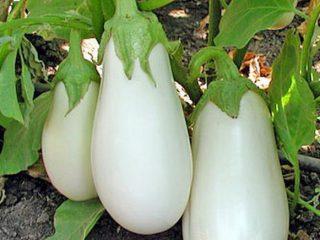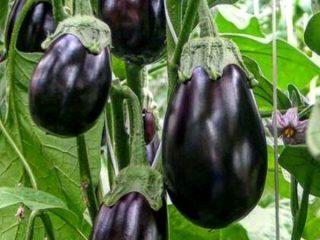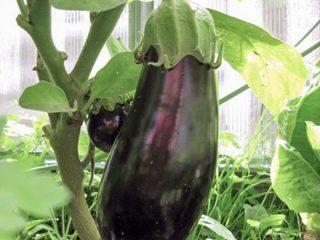Content
Many gardeners, once faced with growing eggplant seedlings and having a bad experience, abandon this plant forever. All this may be due to lack of information. Growing eggplants yourself is not at all difficult; you need to have a good understanding of the demands this unique culture places on us. Let's look at this issue in more detail.
Eggplant as a crop. Peculiarities
The birthplace of this culture is India. There this vegetable grows wild and, of course, is grown in the fields. That is why, climatically, eggplant prefers warmth, plenty of bright sunlight and watering.
Eggplant seeds are hard and round in shape. They are collected from fruits not in technical ripeness, which we are accustomed to eating, but in an overripe form. At this point, the eggplant fruits become soft. Like cucumbers, the seeds of this crop are initially placed in a special film, which prevents their germination in the warm autumn and winter. After months, the shell completely decomposes, and the first shoots appear in the spring. But this happens in the wild; gardeners prefer to grow eggplants themselves using seedlings.Not everyone knows how to properly grow seedlings.
The seedling method of growing is extremely popular in our country because:
- the growing season of eggplant is quite long (from 110 to 150 days);
- climatic conditions in Russia do not allow sowing eggplant seeds in the ground;
- Often you have to add additional light to the seedlings.
Let's talk in more detail about how to grow eggplant seedlings yourself and achieve a rich harvest.
Sowing eggplant seedlings
Every winter, gardeners go to stores to buy seeds. When purchasing eggplant seeds, you must carefully select a variety or hybrid. Read the information on the label carefully. It is important how long you need to wait for ripening, yield is also important, and the qualities of eggplant resistance to viruses and diseases are no less valuable.
Gardeners will plant eggplant seedlings in 2018. It is worth paying attention to such popular varieties and hybrids as:
- Diamond;
- Helios;
- Epic;
- Sailor;
- Robin Hood;
- Bourgeois;
- Leader and others.
Therefore, it is best for beginners to choose a popular variety, and not one that they like because of the color of its peel.
Seeds from trusted producers, as a rule, do not require processing. Eggplants are sown directly into prepared soil, sometimes without prior germination. This information must be indicated on the packaging.
Pre-treatment of seeds
If you collect the seeds yourself, you can store and plant them for the first four years; after that, the collected material can be thrown away, since you won’t have to expect any yield from it. Such seeds should be processed.It is also recommended to carry out pre-sowing treatment of seeds purchased from hand and on the market.
The process includes three stages:
- disinfection;
- treatment with growth indicator;
- germination.
There are companies that guarantee 100% germination.
The following can be used as a disinfectant solution:
- 0.01% solution of potassium permanganate for 20 minutes (should be rinsed with water after the procedure);
- 0.4% hydrogen peroxide for 12 hours (the seeds should be washed after the procedure);
- hot water (+50-52 degrees), where the eggplant seeds are kept for half an hour, and then kept in cold water for 2 minutes.
When growing eggplants for the first time, it is best to soak the seeds briefly in a solution that promotes growth. You can always find on sale:
- sodium humate;
- potassium humate;
- agate-25K;
- epin.
Seeds should be placed in the solution in gauze or fabric bags at a ratio of 1:1 to the finished solution.
As for germinating eggplant seeds, they should be placed in damp gauze or a cloth. The first sprout from the seed does not appear immediately, sometimes it takes a week or two. Only proven eggplant seeds can be planted directly into the ground.
Timing of sowing seeds
Plant eggplants for seedlings it is necessary in winter or early spring, not later. Some beginners make the mistake of deciding that it is too early to do this in February. For them, the flowering period of the crop may coincide with the end of summer, which will affect the fruiting of the plant.
At the same time, it makes no sense to determine very specific dates for sowing eggplant seedlings in 2018, since Russia is a huge country, in each region it is customary to plant seed on the basis that the finished seedlings can be transplanted into the ground at the age of 60-80 days ( depends on the ripening period of a particular variety). At this moment, it should be warm outside the window or in the greenhouse. As a rule, this period occurs in February, towards the end of the month or in March.
Soil composition
Sowing eggplant seeds for seedlings requires preparation not only soil, the seeds themselves, but also the soil. It's easy to prepare. For this you will need:
- soil for seedlings of good quality (if there is no soil specialized for eggplants, the one intended for peppers will do) - 2 parts;
- humus or compost - 1 part;
- peat - 1 part.
It is better to use only specialized soil for seedlings. If it is not there, then you can prepare the following mixture:
- garden soil (preferably baked in the oven) - 2 parts;
- humus - 1 part;
- fine sawdust - 1 part.
The mixture is placed in molds and the eggplant seeds are sown. Planting is carried out in recesses or grooves at the depth that is optimal for the selected variety. You can add superphosphate to the soil. Eggplants love this very much.
It is better to sow eggplants in already moistened soil, then cover the cells with glass or film and place them in a warm, sunny place.
Growing seedlings
Eggplants are very popular in our country. Growing seedlings should be a joy for them, so it is better to understand in advance what rules must be followed. When seedlings are just about to appear, the seeds require a certain thermal regime, good watering and sunlight.Eggplant seedlings will require the same conditions.
Temperature
As a rule, the temperature regime is observed in accordance with the recommendations of the seed manufacturer, but, in general, it should be as follows:
- during the day, the room temperature should be within the range of +23 to +28 degrees Celsius;
- At night it is better to lower the temperature to +15-19 degrees.
There can be no talk of any drafts or temperature drops down to +10 degrees. The seedlings do not like this and may die.
Light mode for seedlings
Eggplant seedlings are very demanding of light. If there is not enough of it, the sprouts will stretch out, become thin, and there will be no dream of any harvest. The optimal light regime is 12 hours of plenty of sunlight. But how to achieve this by growing eggplants for seedlings in the Urals or in Siberia, For example? In this case, you will need a phytolamp. The sprouts are simply getting enough light.
You should not be zealous in this matter, illuminating the seedlings for more than 12 hours. Not only will this not give results, but it can also have a negative effect on the plants.
The night mode should be strictly different from the daytime mode, because the same will happen after planting plants directly in open ground or a greenhouse. Eggplants will need to get used to both light and temperature conditions.
Watering seedlings
Another important nuance concerns watering seedlings. Water for this purpose should be at least room temperature or 1-2 degrees warmer. Eggplants have a very sensitive root system; at the slightest cold, bacteria or viruses can develop in the soil, which is very dangerous.
Those who live in regions with unstable summer temperatures are often advised to choose hybrid seeds that can withstand slight fluctuations. Even after transplanting seedlings into the ground, they always settle the water in a barrel and try to keep it as warm as possible.
Excessive watering and drying out of the soil are very harmful to seedlings. When planting seeds in peat tablets, make sure that they do not dry out, which happens very often.
We recommend watching a detailed video about growing eggplants on your own plot, which will be especially useful for beginner gardeners:
If everything is done correctly, the first shoots will soon begin to appear. Eggplant seedlings often sprout unevenly; you should not be afraid of this. Soon some plants will catch up with others in both growth and development.
Transplantation into the ground
As soon as half the growing season has passed, it will be possible to transplant the seedlings into a greenhouse or open ground. Please note that the growing method is always indicated on the packaging and is very important.
The root system of eggplants is quite fragile, so after picking the plants get sick for a very long time. We recommend transplanting without picking. It is also very good if each plant is in a separate cup or cell.
Before transplanting, the beds are formed in accordance with the planting scheme (if there is none, we will take the default scheme 60x40). The height of the beds is approximately 30 centimeters. You can add organic matter to the bottom of the hole, this will additionally add warmth to the plant. However, the roots should not come into contact with this organic matter.
The seedling soil is well moistened and the seedlings are carefully moved to a new hole. There is no need to press the roots too hard, because the plant loves loose and light soil. After transplanting, you can lightly water the eggplants with warm water.
The principles and basic rules of cultivation are very similar between sweet pepper and eggplant crops. The application of fertilizers during transplantation and during the flowering period is recommended. This crop responds well to mineral components in the soil. The flowering period is special, the plant becomes vulnerable and may get sick. It is imperative to inspect the eggplants for stains, mites and other little things that are sometimes invisible.
Harvesting can only occur during the period of technical ripeness of the plant. Carefully follow the growing season indicated on the packaging. Overripe vegetables are not tasty; they become soft.
Of course, eggplants are more capricious than peppers and tomatoes; there are many nuances regarding their cultivation, but we cannot say that it is impossible to grow this crop in seedlings on your own. If you have a small plot, greenhouses or a small farm, then you can do everything yourself. The harvest of the “little blue ones” is rich, it will be a real gift for the whole family at the end of summer.
